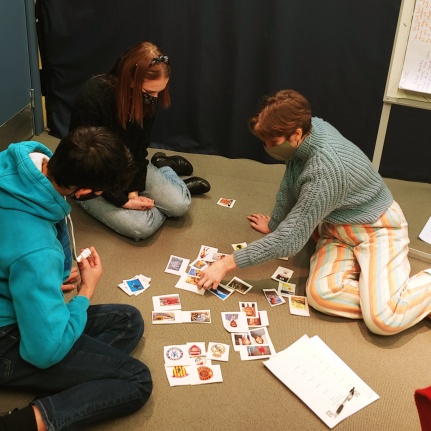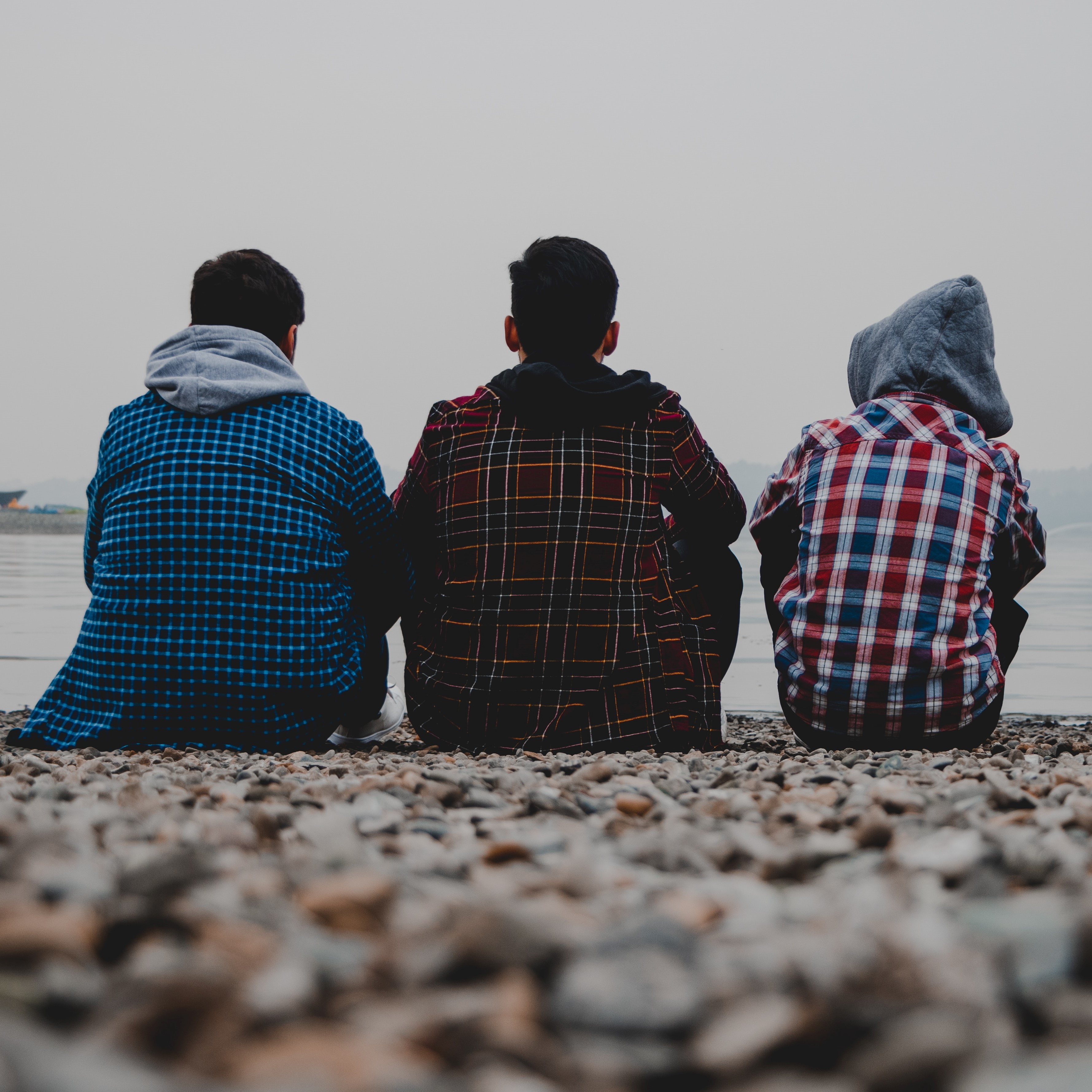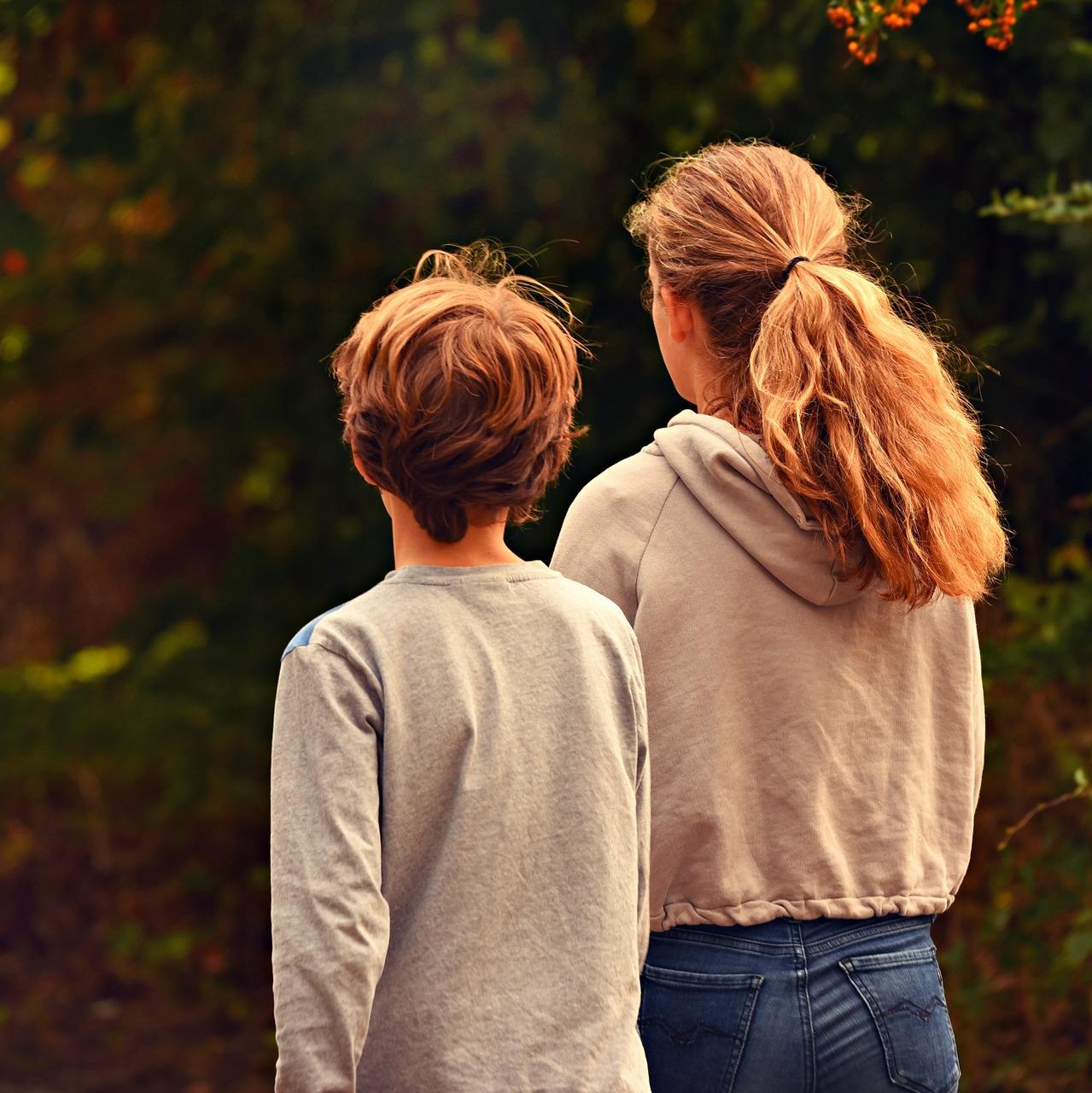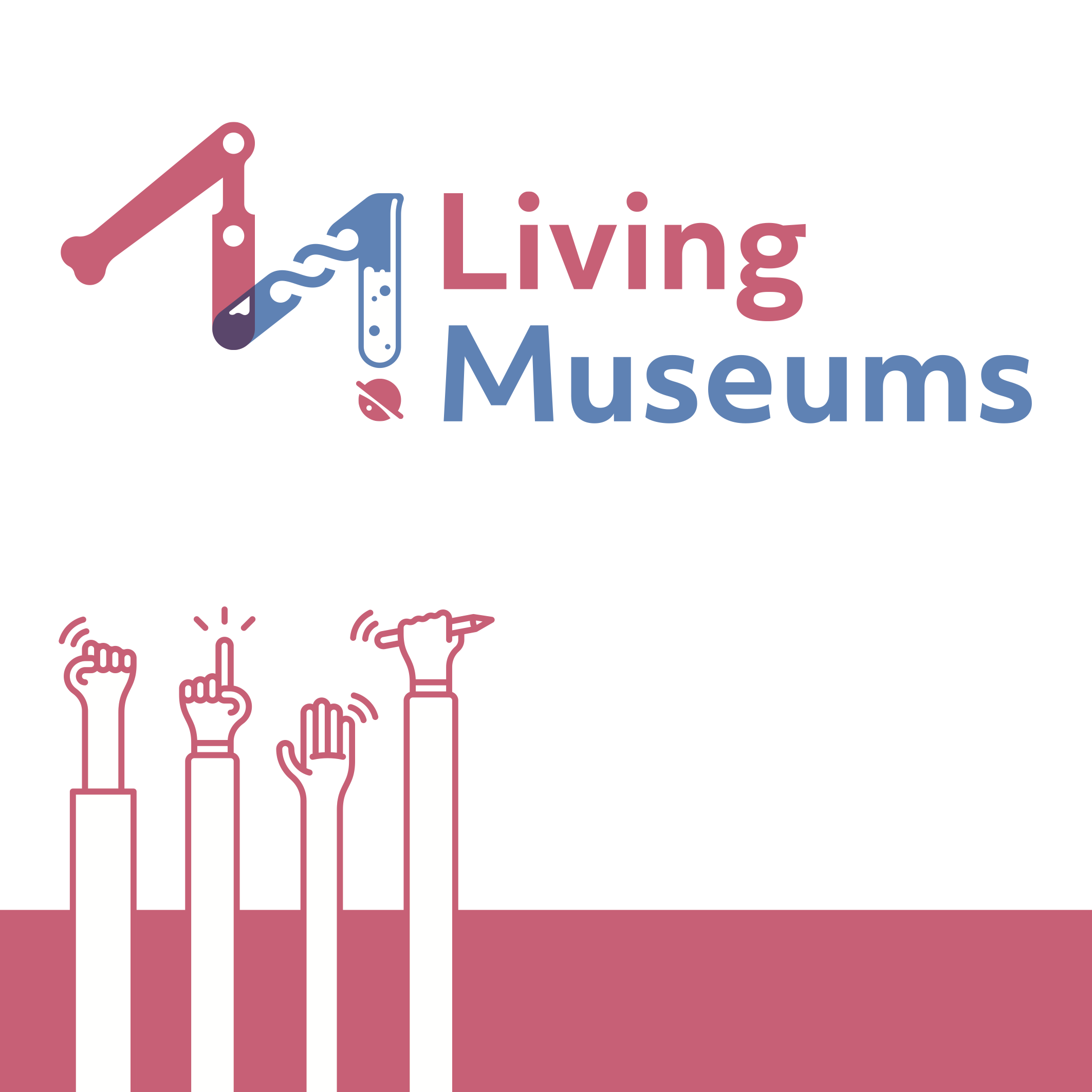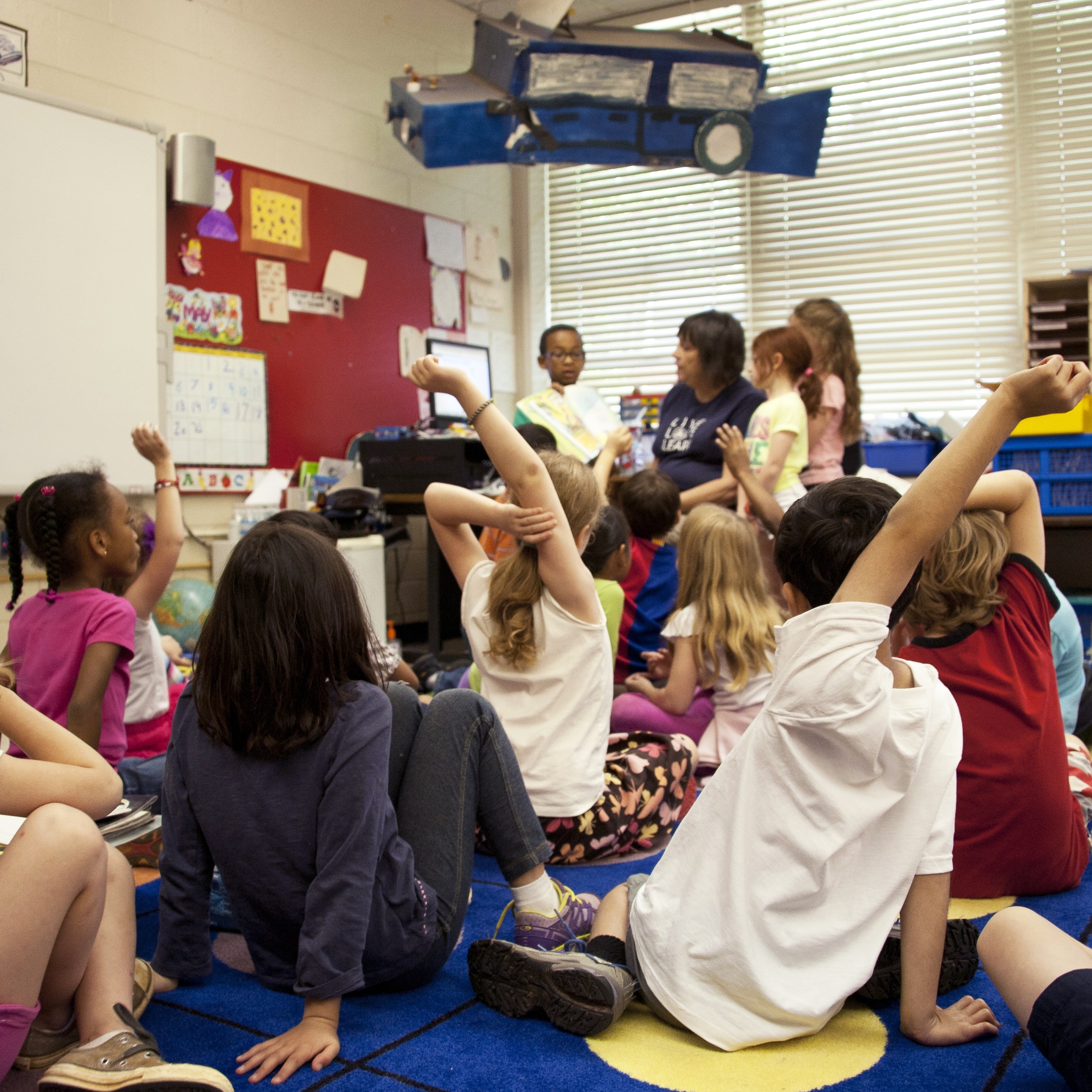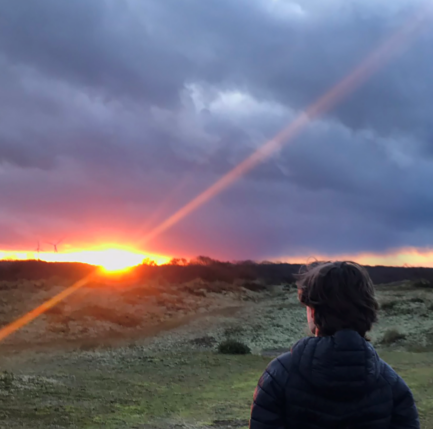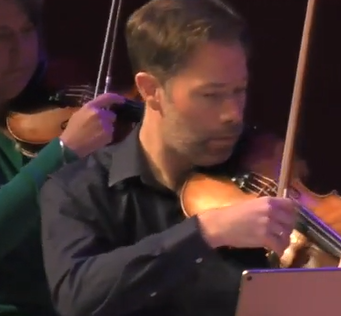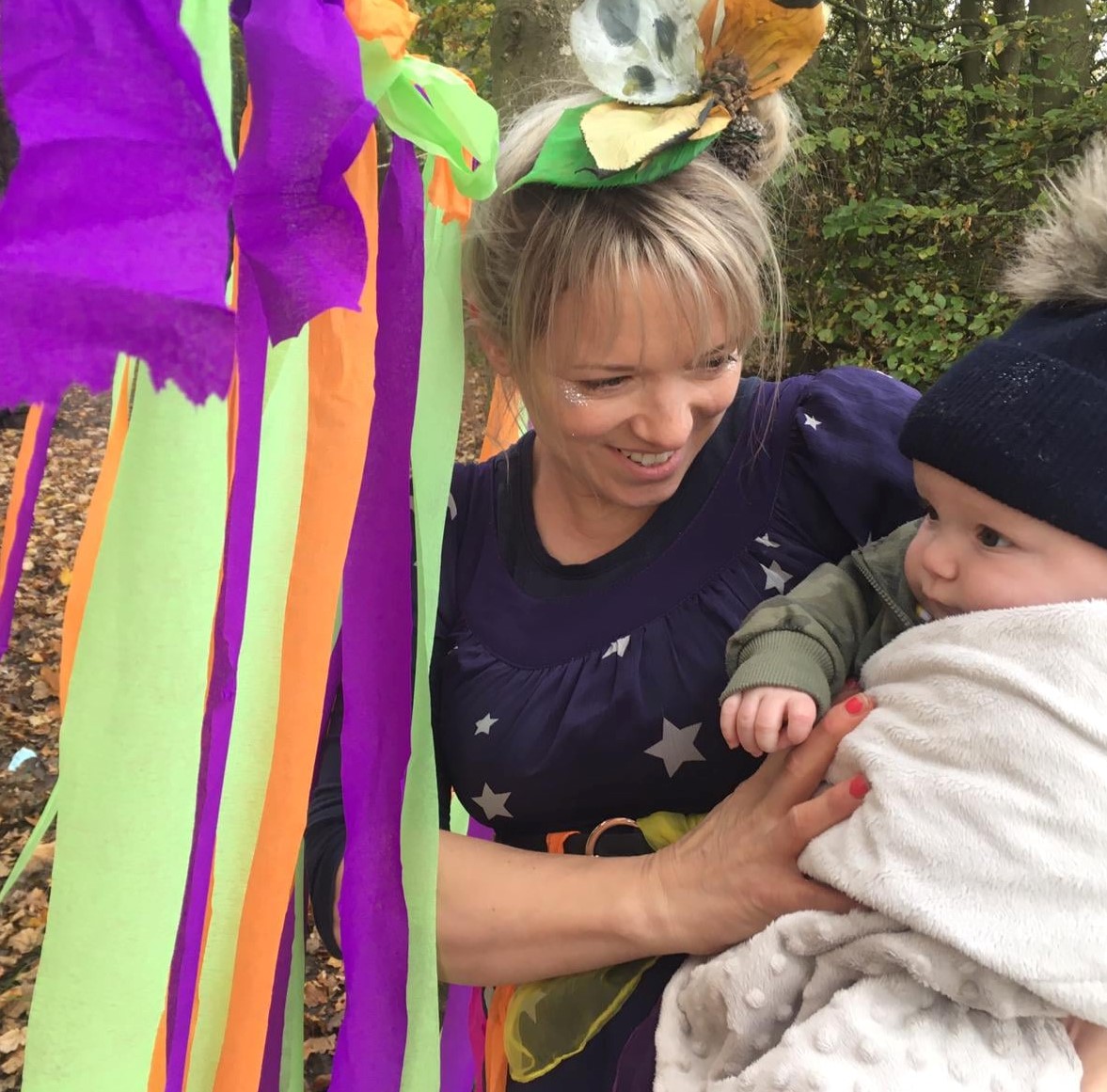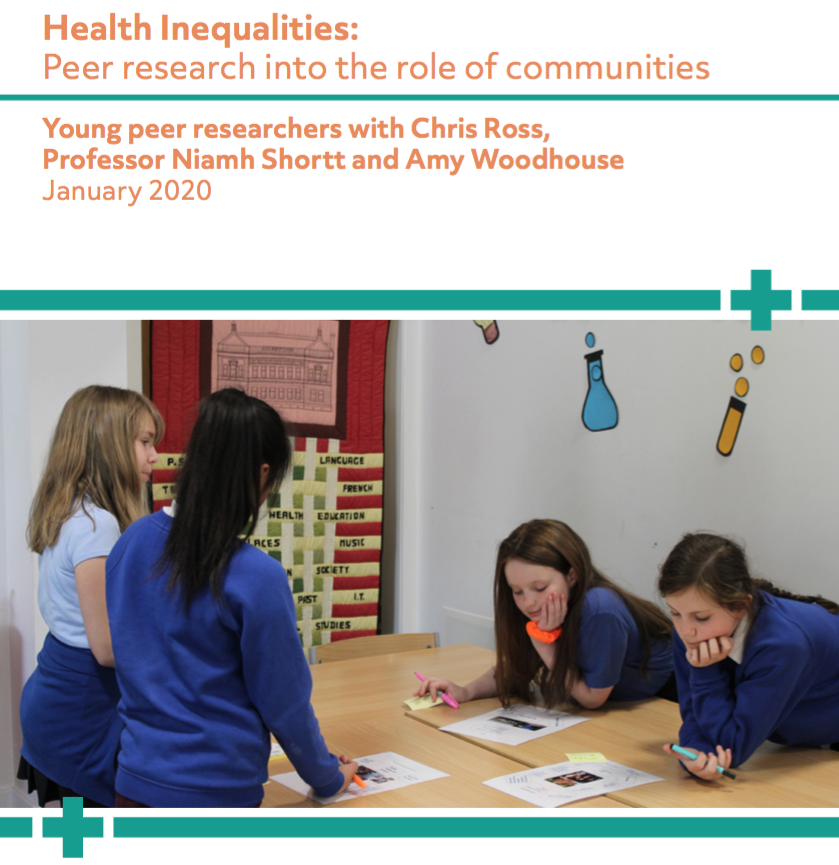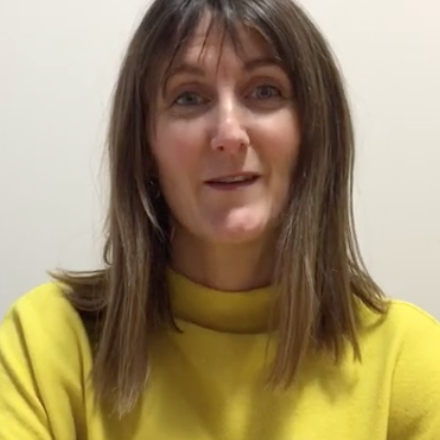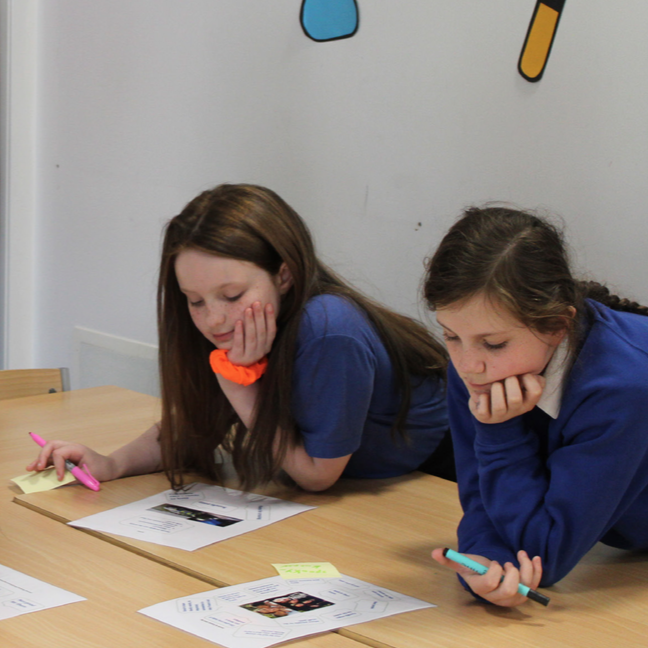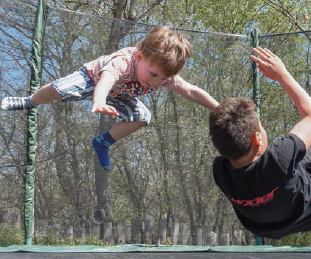
New report explores poverty and the care system
Posted 24.08.23 by Alice Hinds
New report reveals families face further financial hardship when children are taken into care
New research has revealed the detrimental impact of poverty, both financial and emotional, that can occur when a child enters care, highlighting the need for improved support for families as they navigate a sudden change in circumstances and income.
Commissioned by The Promise Scotland (click here for more) and conducted by One Parent Families Scotland (OPFS) with support from the Child Poverty Action Group (CPAG), the report, ‘Poverty-proofing for families in or on the edges of care', found that parents already living in poverty, and therefore relying on social security support, face even further financial hardship when their child is removed into the care system.
Evidence from The Care Review (click here for more) shows that families living in poverty are already at increased risk of coming into contact with the care system, and with a “sudden, significant, and often unexpected reduction in income” when family-related benefits are withdrawn, parents can be pushed into debt and even homelessness, according to the report, further reducing their ability to offer a safe and nurturing home for their children.
Additional barriers that prevent families from being able to live together include some parents being allocated a one-bedroom property after being classed as a “single occupant” when their child was moved into care, and the delay between children returning to the home and full benefit entitlements being reinstated.
Using extensive research into the link between poverty and care, focus groups with parents with experience of the care system, and interviews with professionals across the voluntary and statutory sectors, the report also revealed a lack of appropriate practical and emotional support, with many parents reporting experiences of shock, stigma and shame.
One parent who took part in the research explained: “My money was stopped suddenly, which was a shock – can’t remember when but it was soon after she was taken. I didn’t know that would happen as no one told me. One week X amount, next week nearly nothing. That was really shocking as I still had stuff to pay, including contact [visit costs].”
Findings from the report have now been used to produce both short- and long-term recommendations to help avoid the negative consequences for families when a child is taken into care, including the inclusion of financial awareness and money management support, the use of public sector discretionary funding to bridge gaps in benefit payments when a child returns home, and additional support with housing benefit and rent arrears.
Satwat Rehman, OPFS Chief Executive said: “The overarching ambition of The Scottish Government in its commitment to Keep the Promise for care experienced children, young people and their families is to keep families together where it is safe to do so and to provide the support that is required to make this happen.
“Providing young people with the opportunity to return to a safe and economically stable family environment is therefore central to achieving this ambition.
“The experiences of parents who took part in our research illustrate that policies and practices that were intended to protect and improve the lives of children can actually lead to increased financial hardship for their parents, reducing the likelihood of reunification between parent and child or prolonging the child’s stay in care.
“It is counter intuitive to withdraw financial support from families when there is emerging evidence pointing to the fact that financial assistance can actually increase the rate of reunification of a child with their family.
“Now is the time to invest in actions to mitigate the worst effects of corrosive policies which stand in the way of delivering on the aspirations of The Promise: that children in Scotland ‘will grow up loved, safe and respected’.”
For more information and to read the full report, click here to visit the One Parent Families Scotland website:
www.opfs.org.uk/policy-and-campaigns/policy-research/the-promise/



